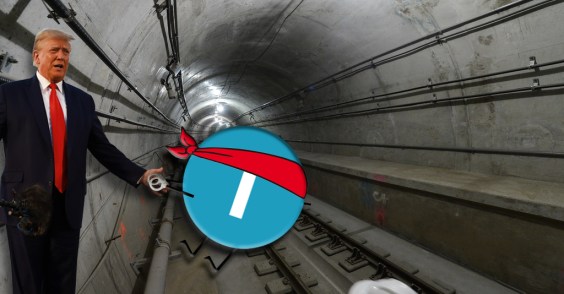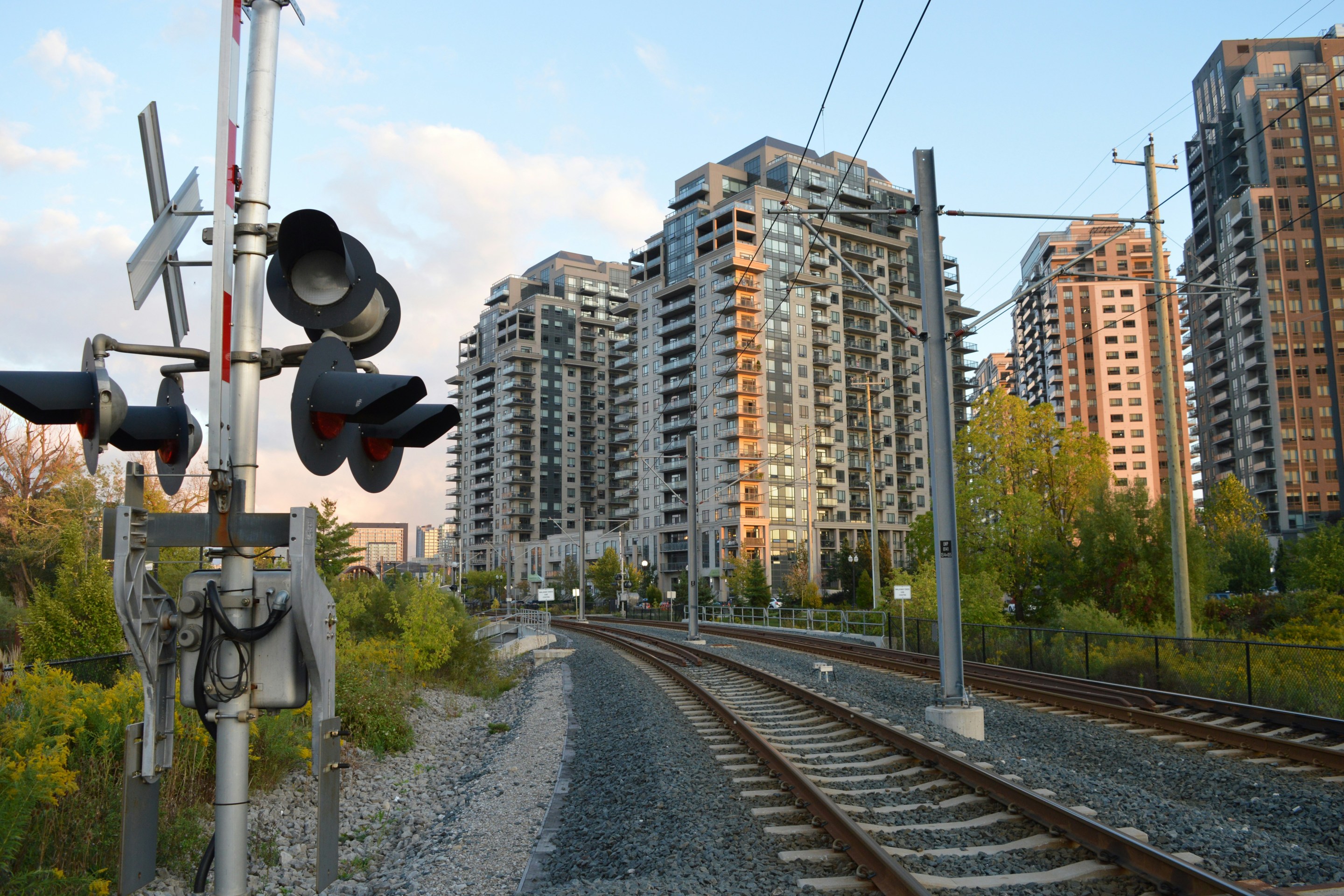It's going to be a tough sell for those who claim that greenhouse gas performance measures for transportation can’t possibly work, when plenty of transportation agencies say it would be no problem.
That’s according to transportation officials in several regions across America who responded to a survey commissioned by the Natural Resources Defense Council. The responses were shared with the Federal Highway Administration as it considers implementing a rule for transportation agencies to measure their climate impact.
Even in cities and regions where climate change is nowhere near the top of the policy agenda, planners and decision-makers still recognize greenhouse gas reductions as a desirable outcome of some of the things their constituents want most -- like walkable, bikeable neighborhoods and a break from endless roadway congestion that takes time out of their day while triggering respiratory disease and contributing to hundreds of premature deaths per year.
Some legislators are still debating the urgency of reducing carbon emissions from transportation, and the powerful benefits of doing so. Recently, Senate Energy and Public Works Chair James Inhofe (R-OK) maintained FHWA has no mandate to measure greenhouse gases.
But the issue is already settled for many metropolitan planning organizations (MPOs), for reasons that usually include but often go far beyond the need for local solutions to global climate change. The survey of 10 agencies in eight states found that most support greenhouse gas reductions as a legitimate policy priority that meshes well with their responsibilities.
Interview participants included transportation planners and program managers, planning directors and senior planners, an agency executive director, and at least one performance measurement specialist. Their responses have been anonymized for this piece.
Nearly all of the MPO representatives saw the reduction of carbon emissions as an obvious, usually welcome, and not at all difficult outgrowth of the local priorities they were already pursuing, like improving public health or job access.
While opponents of greenhouse gas performance measures say they're too onerous for local officials, most MPOs saw no problem connecting the reduction of carbon emissions to their ongoing activities.
Measuring carbon emissions from transportation “is not very far outside the normal MPO mandate,” said one official. “You can do a lot of things on the back of the envelope and that will get you close to the right answer.” Even with more sophisticated and somewhat more costly analysis, “it’s something any MPO could do ... It’s just not that hard.”
For most of the agencies, greenhouse gas reductions fit neatly with the wider range of issues they’re already mandated to address. “We’re the MPO, but we’re also the regional planning agency,” said one planner. "So we have strategies for land use and community development as much as we have strategies and goals for transportation."
Through this lens, carbon tracking is just another way for an MPO to measure progress, alongside travel time, hours lost in congestion, and level of service. “GHG reduction would be another, less traditional method of measuring our success at doing things right,” the official said.
Mitchell Beer is president of Ottawa-based Smarter Shift and curator of The Energy Mix, a thrice-weekly e-digest on climate, energy, and the post-carbon transition. His submission to FHWA was funded by the Natural Resources Defense Council (NRDC).





